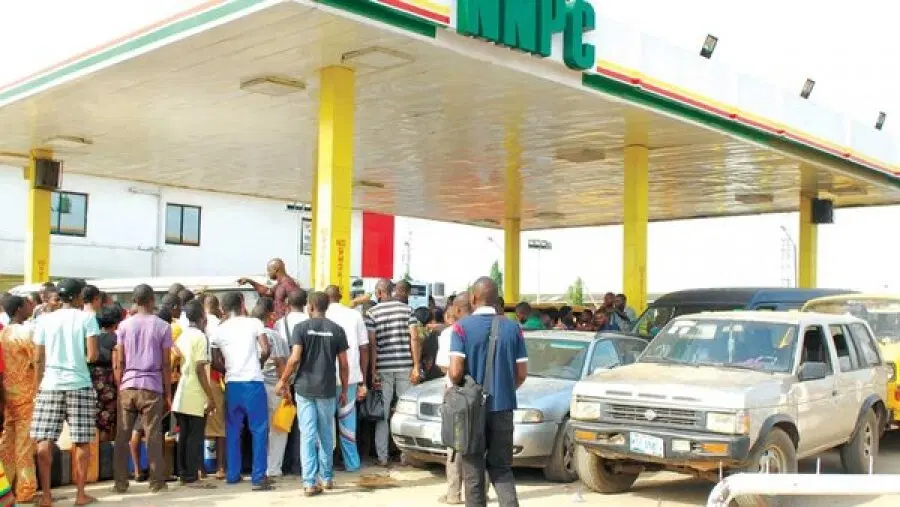The Nigerian National Petroleum Company Limited (NNPCL) has recently increased the price of Premium Motor Spirit (PMS), commonly known as petrol, to ₦1,025 per litre in Lagos, up from ₦998. In Abuja, the price rose to ₦1,060 from ₦1,030. This marks the third increase in just two months, reflecting a troubling trend in fuel pricing amidst fluctuating crude oil prices.
Context of the Price Increase
The latest adjustment coincides with a drop in the price of Nigeria’s Bonny Light crude, which has fallen from $75 per barrel to $72, indicating an 8.2% shortfall against the budget reference price of $77.96 per barrel for 2024. Following this announcement, filling stations in Lagos quickly adjusted their prices, with motorists flocking to outlets that had not yet raised their prices.
The NNPCL had previously increased petrol prices earlier in the month due to the deregulation of petrol pricing by the Federal Government, which allows for adjustments based on market forces. Currently, the naira is trading at ₦1,664/$, which has further pressured petrol pricing.
Industry Reactions
Industry sources indicated that the recent price hike is a result of market dynamics, with deregulation allowing prices to fluctuate based on supply and demand. The CEO of the Centre for the Promotion of Private Enterprises (CPPE), Dr. Muda Yusuf, acknowledged the difficult times Nigerians are facing and called for government interventions to alleviate their burdens.
A major oil marketer commented on the potential for future price reductions, stating that as crude oil prices decrease, consumers could see a corresponding drop in petrol prices. There are also calls for the government to reduce operational costs and offer incentives to small and medium-sized enterprises, which have been adversely affected by the recent price surges.
Civil Society Response
The Joint Action Front (JAF) and the Movement for a Socialist Alternative (MSA) have condemned the price increase, labeling it an attack on the working masses amid a broader neoliberal agenda. They urged Nigerian workers to revolt against the continuous hikes and to demand policies that prioritize the welfare of the populace over corporate profits.
Independent Marketers’ Actions
Independent marketers are also expected to follow suit, with reports of some already selling petrol at prices as high as ₦1,150 to ₦1,200 per litre, reflecting their practice of aligning with NNPCL pricing.
Conclusion
The recent petrol price increase highlights the ongoing challenges faced by Nigerians as they navigate rising living costs and economic instability. While the NNPCL and industry leaders suggest potential for future price adjustments, the immediate financial strain on households continues to grow, calling for urgent government intervention and support for the populace.

